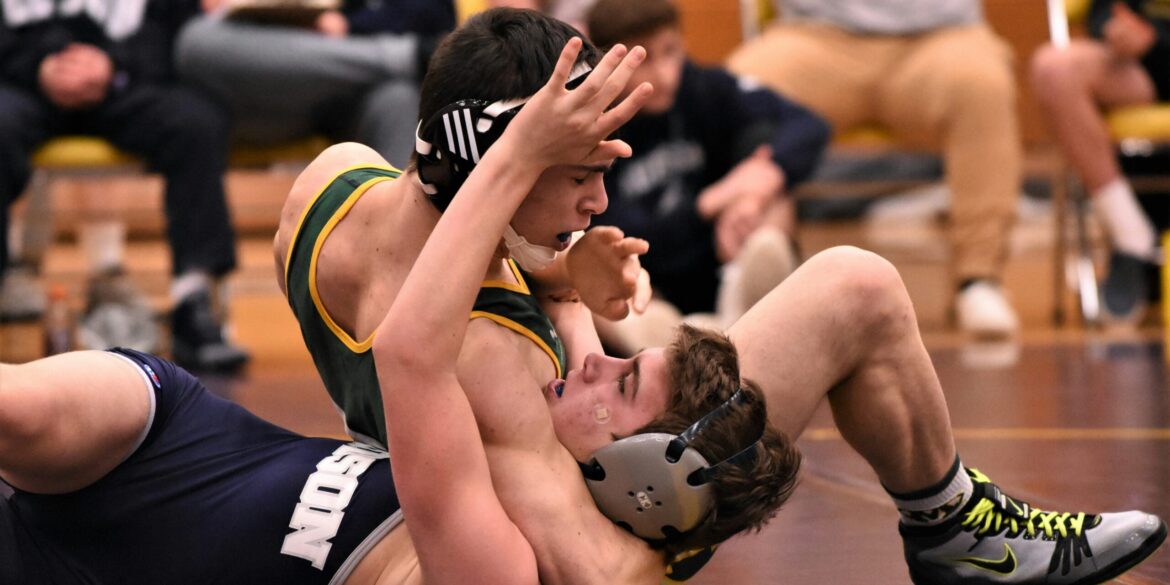UFC 313 took place on March 8, 2025, at the T-Mobile Arena in Las Vegas, delivering an electrifying night of action and camaraderie that extended far beyond the octagon. The event drew thousands of fans—many young men—who were drawn not only by the promise of elite mixed martial arts but also by the sport’s deeper themes of perseverance, masculinity, and emotional grit. For many in attendance, the fights served as a catalyst for connection and reflection on personal journeys of struggle and self-growth.
Headlining the event was a major light heavyweight title bout between Magomed Ankalaev and defending champion Alex Pereira. Ankalaev walked away with a unanimous decision victory, ending Pereira’s reign and capturing the UFC Light Heavyweight Championship. The judges scored the bout 49-46, 48-47, and 48-47 in favor of Ankalaev. Despite not landing any takedowns against Pereira—who successfully defended all 12 attempts—Ankalaev’s consistent striking and ring control earned him the nod, highlighting the technical depth and discipline that defines elite MMA.
In the co-main event, fan favorite Justin Gaethje returned with a strong performance against Rafael Fiziev, winning via unanimous decision. Known for his relentless pace and striking precision, Gaethje’s bout was emblematic of his career—a showcase of heart, aggression, and calculated violence. Many fans see Gaethje as a modern warrior whose style and resilience serve as a metaphor for overcoming hardship, making his victory a source of inspiration.
The undercard was equally dramatic. Ignacio Bahamondes stunned the crowd with a first-round submission victory over Jalin Turner, while Mauricio Ruffy earned one of the night’s most talked-about finishes—a spinning wheel kick knockout that instantly went viral. These moments of unexpected triumph contributed to an atmosphere that was as emotionally charged as it was action-packed, offering both thrill and catharsis.
Outside the octagon, the weekend offered a range of UFC-branded experiences, including meet-and-greets, merchandise activations, and the increasingly controversial Power Slap competitions. Though polarizing, Power Slap drew curious onlookers who were either intrigued by its brutal simplicity or critical of its safety implications. Regardless, it highlighted the weekend’s broader theme: an exploration of toughness, spectacle, and the many forms of combat sport.
Many attendees noted that the experience of being at UFC 313 felt communal. For groups of young men especially, the event provided a rare space where emotional expression—often through loud support, shared reactions, or admiration for fighters’ courage—was not only accepted but encouraged. In this environment, conversations about mental health, strength, and vulnerability found a natural footing. Fighters like Paddy Pimblett, known for advocating mental health awareness, were frequently cited in discussions among fans.
UFC 313 also spotlighted how narratives of personal struggle are central to the sport’s appeal. Alex Pereira’s journey from adversity in Brazil to championship success, and Ankalaev’s path through a politically charged athletic career, echoed the challenges that many fans relate to. These stories elevate the fights beyond physical contests—they become allegories for resilience, purpose, and the will to overcome.
As the weekend concluded, the impact of UFC 313 resonated with both fighters and fans. For those who traveled to Las Vegas, it was more than just an event; it was an affirmation of identity and brotherhood through shared values and admiration for those who dare to put everything on the line. The UFC continues to be more than a sport—it is, for many, a mirror of life’s battles and triumphs.

